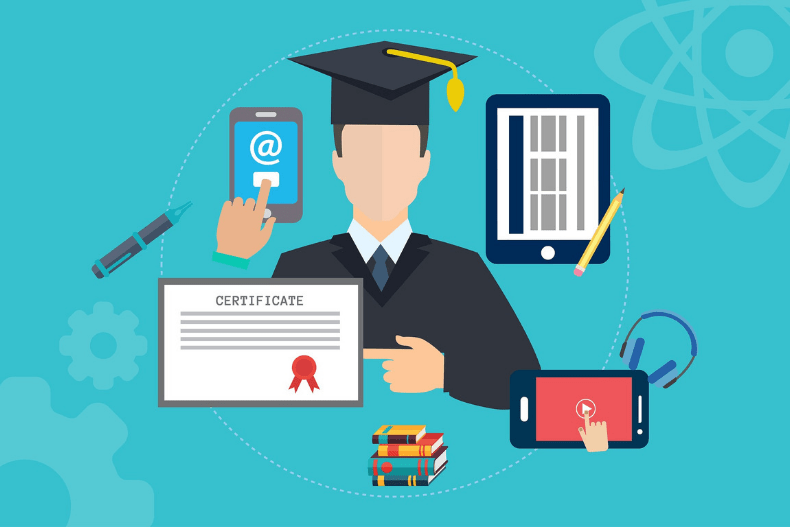Digital literacy is the ability to use digital media in a way that is effective, meaningful, and responsible. It is not simply the ability to use computers or mobile devices. Instead, it involves an understanding of how all forms of communication work together to create an environment where information can be accessed, shared, and utilized by individuals, groups, and organizations.
This is important because digital media has become ubiquitous—it’s all around us. We see it every day, whether it’s on our phones or waiting for us on our laptops in the morning when we wake up. This means that digital literacy skills are essential for any person who wants to succeed in today’s world and teaching digital literacy becomes prominent too.
Digital literacy, along with Digital Classrooms is crucial in today’s world because we are constantly being bombarded with information, and we need to be able to sort through what’s true and what’s not. Digital literacy also helps us make sense of our own online identities and those of others, which can be a challenging task when it’s easy to lose yourself in an online persona.
Why it is important to teach digital literacy?
Digital literacy is important because it’s an essential skill for success in the 21st century.
In today’s world, everyone needs to be able to use digital tools and understand how technology works—from understanding how to use social media effectively to being able to code and program a website, or simply knowing how to type an email.
Digital literacy doesn’t only apply to adults; it also applies to children. Children are growing up in an increasingly digital world, and they need skills that will help them navigate this new reality. They need the ability to create content on their terms, participate meaningfully in online communities and forums, and develop their ideas through collaboration with others online.
The internet is a complex place that children need to be able to navigate safely
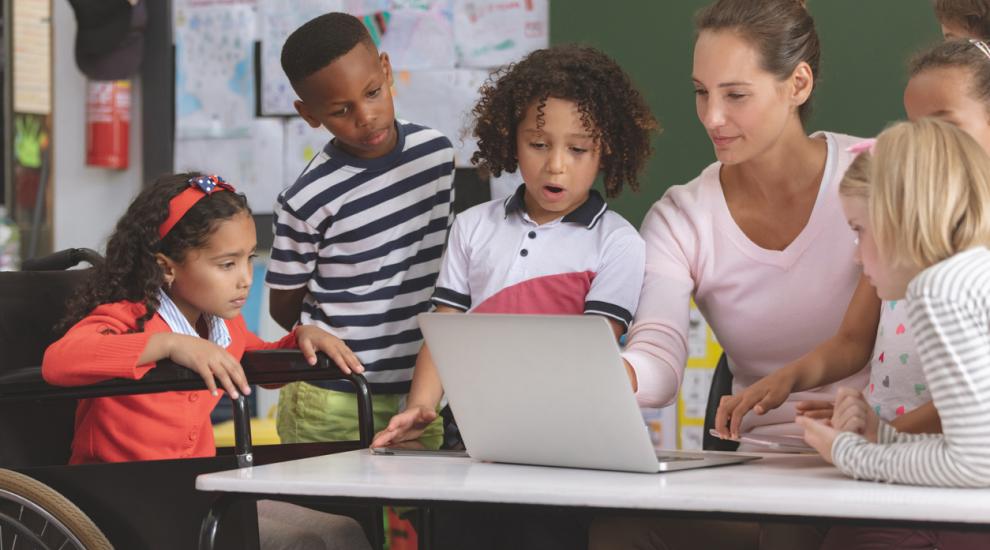
The internet is a complex place that children need to be able to navigate safely. They need to know how to protect themselves online and not fall victim to online predators. They also need to know how to use the internet responsibly, so they can avoid falling into the trap of addiction and addiction-related issues such as cyberbullying. And last but not least, they need to be able to use it productively, so they can get the most out of their time online.
Digital literacy is the ability to use technology in a way that benefits you and others around you. It’s about being able to identify what kinds of content are appropriate for your age level, what kinds of privacy settings work best for you, and how you can use technology in positive ways like staying informed about current events or learning new skills through instructional videos.
Digital literacy is important because it helps children understand the world around them better—and it allows parents like myself to trust that their kids are using technology responsibly and productively.
Children can be exposed to harmful content at any age

When it comes to young people and the internet, we have a problem: We don’t know what they’re seeing. We’ve gotten good at protecting kids from adult content on the web. But it’s not enough—kids can be exposed to harmful content at any age, even if they’re just exploring the internet. And we don’t know what they’re seeing.
That’s why digital literacy matters. Digital literacy gives kids the tools they need to navigate the web safely and make responsible decisions about what they see online. It also helps them develop critical thinking skills so they can evaluate the information they encounter online and decide whether or not it’s reliable.
Hence, Digital literacy matters because it helps kids stay safe online and develop critical thinking skills so they can make smart decisions about what they see online.
It’s important to talk to your child about what they see online
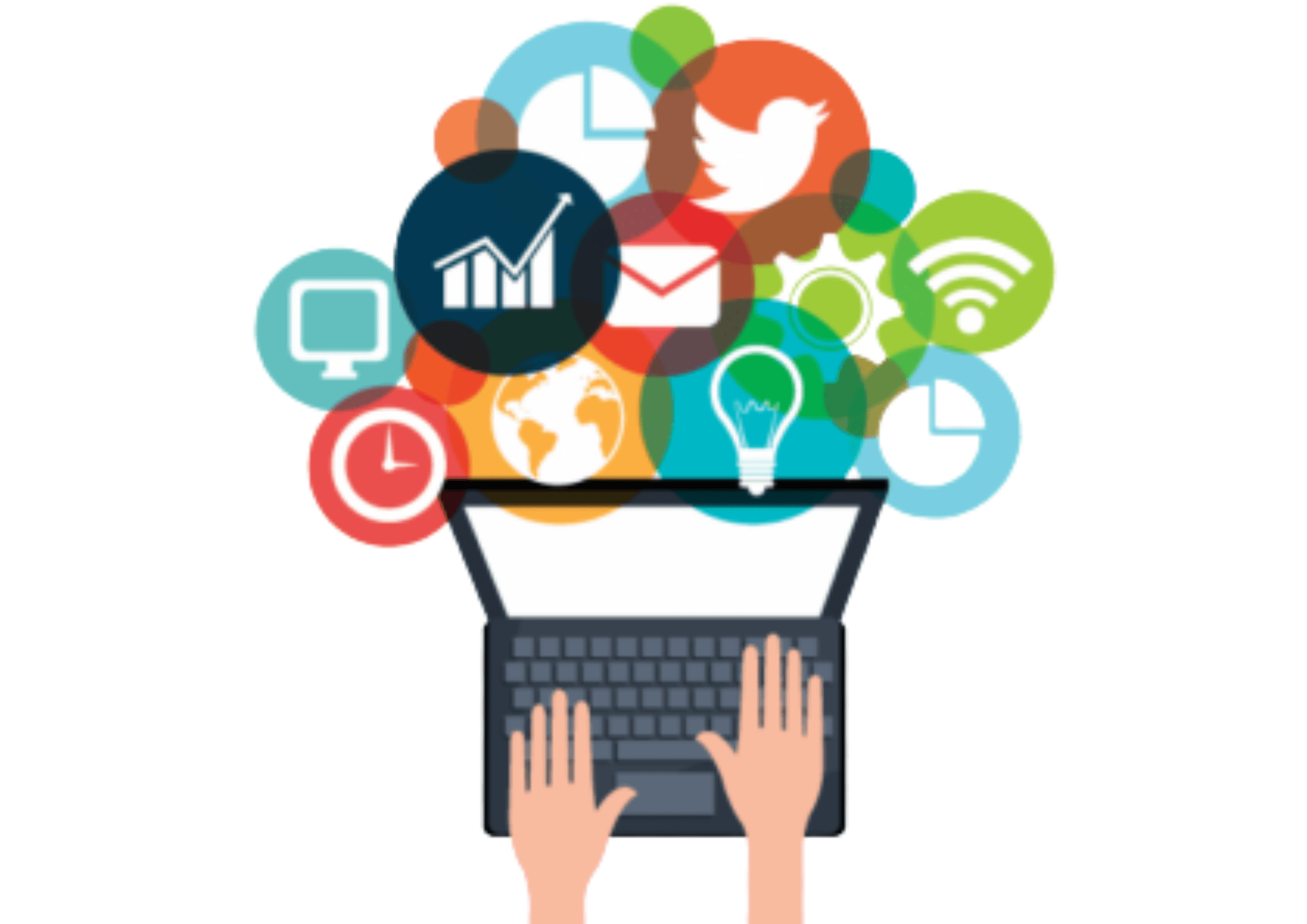
In teaching Digital Literacy in today’s world, everything is online—from social media to the news and even advertisements. It can be easy to forget just how much content is being consumed by your children at any given time.
But it’s not just what they’re consuming that matters—it’s what they’re doing with it. The internet provides an incredible opportunity for people to connect and share ideas, but some dangers come along with this freedom of information. If you don’t teach your child how to use the internet responsibly and safely, they could get themselves into trouble when they don’t know what they’re doing.
Social media can be an important part of a child’s life, but it can also cause problems
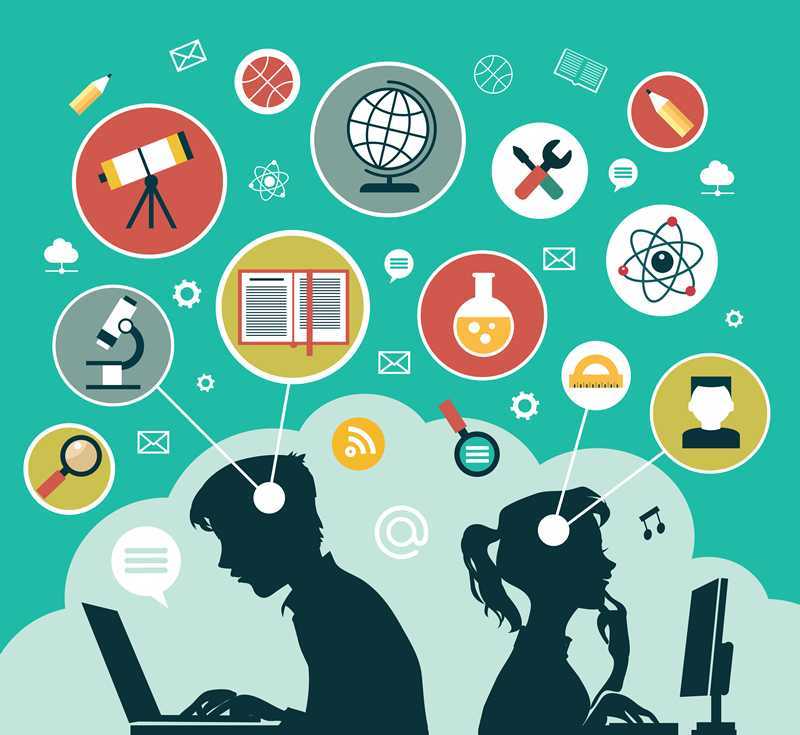
Digital literacy is important because social media can be an important part of a child’s life, but it can also cause problems. Social media is a powerful tool for communication and connection, but also bullying and harassment. Today’s teens spend about 9 hours per day on their phones—and it’s not just spent texting with friends, watching videos on YouTube, or playing games. It’s also spent checking social media accounts and engaging with the platforms.
Teaching your kids how to use social media safely can help them avoid these pitfalls and make the most of all that social media has to offer
.
Tech education in elementary school is the best time to start talking about digital literacy
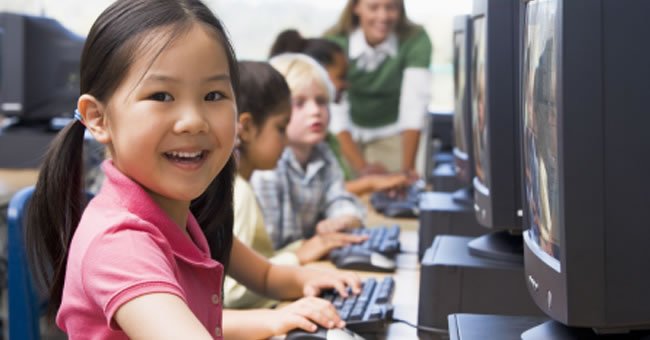
It is important to teach digital literacy in elementary school because it is the best time to start talking about it.
The sooner we start teaching kids about technology, the better equipped they will be to use it for good. The most important thing we can do as parents and educators is to help kids become confident users of technology by teaching them how to think critically about it. And that means starting early—in elementary school.
By teaching digital literacy at a young age, we can help ensure that our children will grow up into adults who can use technology responsibly and effectively. We need to teach them how to recognize when something isn’t right online, how not to get fooled by clickbait headlines or fake news stories, and how not to fall prey to scams or phishing attempts. And while there are many resources out there already on this topic (like this one!), there’s nothing like having an actual teacher explain things in person.
Conclusion
Teaching children about technology is something that will likely be done at a young age, regardless of the type of device used. Basic literacy and numeracy are important, but so is digital literacy. With the expansion of technology and its integration into our daily lives, it’s critical for all of us to be able to understand how these technologies work and the risks that may be involved with them.
Digital literacy requires the ability to understand the world we live in. It demands sophisticated knowledge of technology. And it offers the opportunity to make positive contributions to the world.







